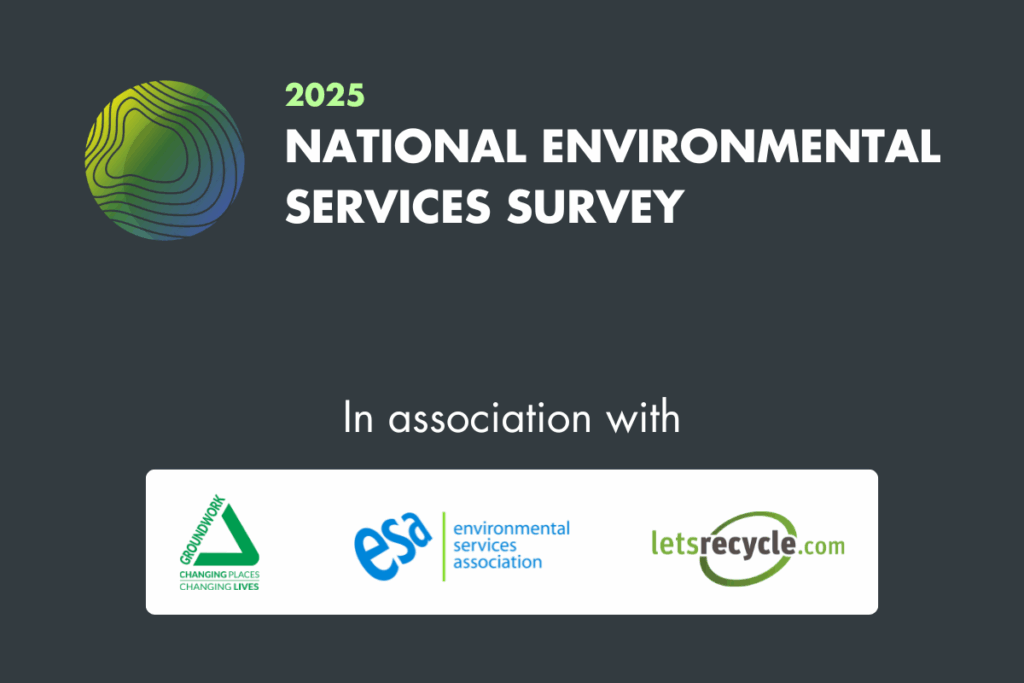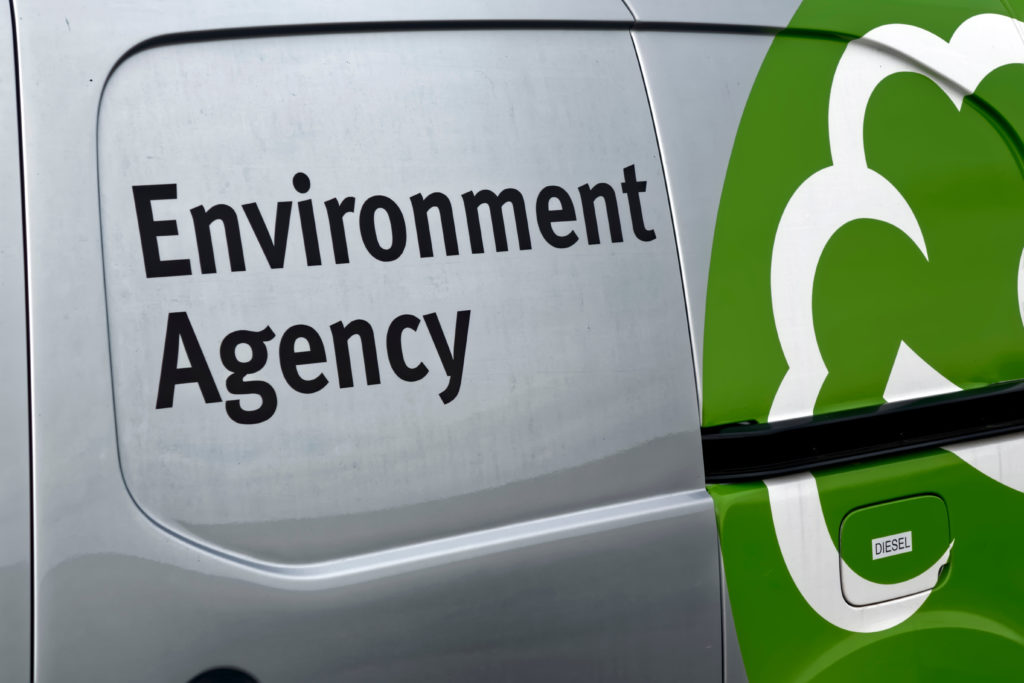Following Cory’s acquisition of East London waste management operator McGrath Group in 2021 (see letsrecycle.com story), Cory’s recycling and waste management business resolved to cease operations of its own haulage fleet, which is based at its Barking waste transfer station.
This acquisition provides Waste-A-Way with almost 80 tractor units and 100 trailers, suitable for all waste, recycling and biowaste materials.
Lee Tidman, head of operations for Cory, said: “Increasing numbers of our customers are making their own arrangements for waste inbound to our facility. This means that using third party haulage on an ‘as required’ basis ensures a far more agile and cost-effective solution for our business and allows us to focus on developing our residual waste processing capacity at the Barking transfer station.
Waste-A-Way is an important strategic partner for Cory, operating their fleet to the very highest standards, so they were a natural choice for the sale of these assets.”
‘Great addition’
Waste-A-Way managing director, Ian Whitehair, said: “Prevailing economic conditions have made the purchase of brand new trucks a tough business choice. Most of the Cory vehicles are just a year old and have been very well looked after, so they make for great additions to our fleet. The past few years have seen tremendous growth for our business, and we are always keen to maximise opportunities for enhancing our operations.”
Waste-A-Way is a family-run business, operating from depots in Basildon, Essex and Rochester, Kent. The company says it is the only UK bulk waste haulier to have achieved DVSA’s Earned Recognition status and it “plays a leading role in clearing and treating commercial and municipal waste across East Anglia, London and the South”.
Cory operates one of the largest energy from waste facilities in the United Kingdom, with a unique river-based infrastructure on the Thames for delivering waste. In 2022, the company diverted over 780,000 tonnes of residual waste from landfill. Its second facility, Riverside 2, will have the capacity to process an additional 650,000 tonnes of non-recyclable waste.








Subscribe for free